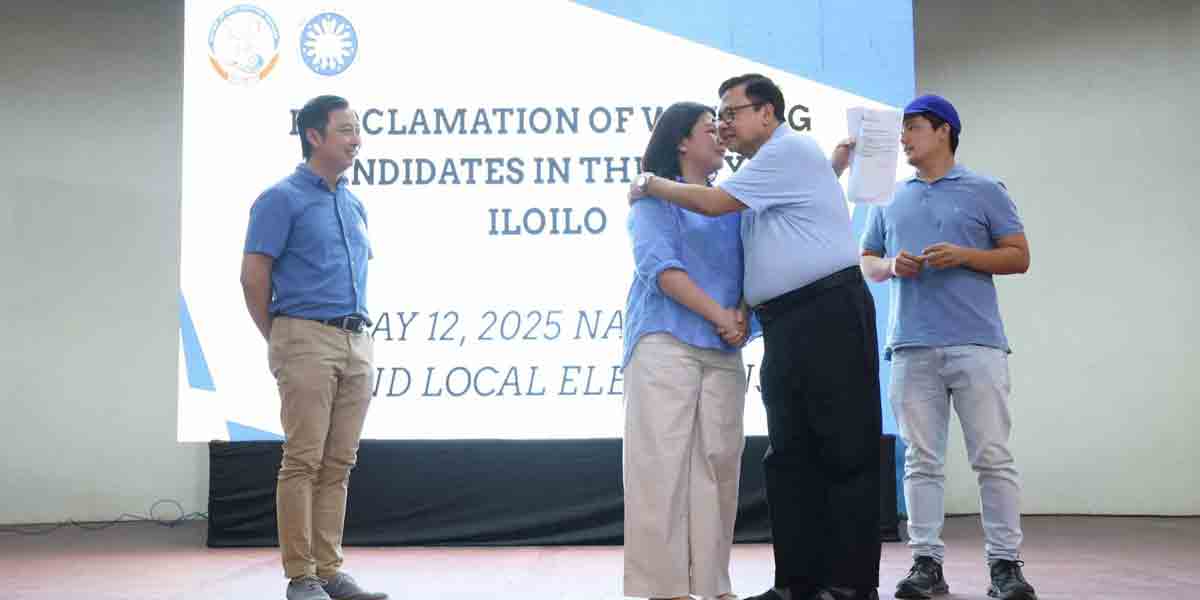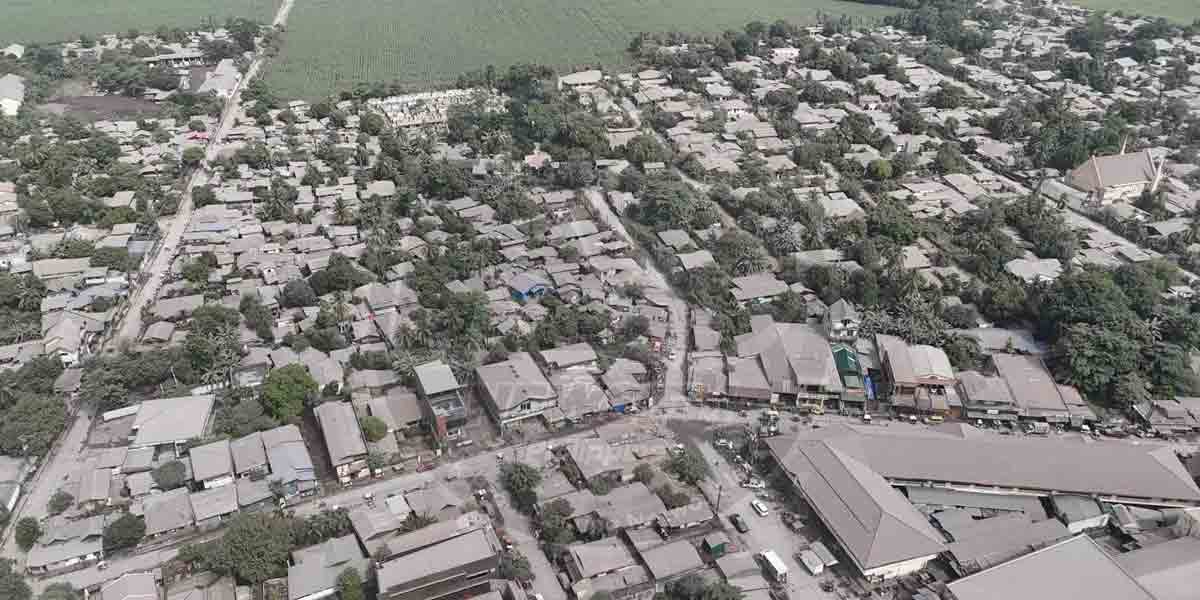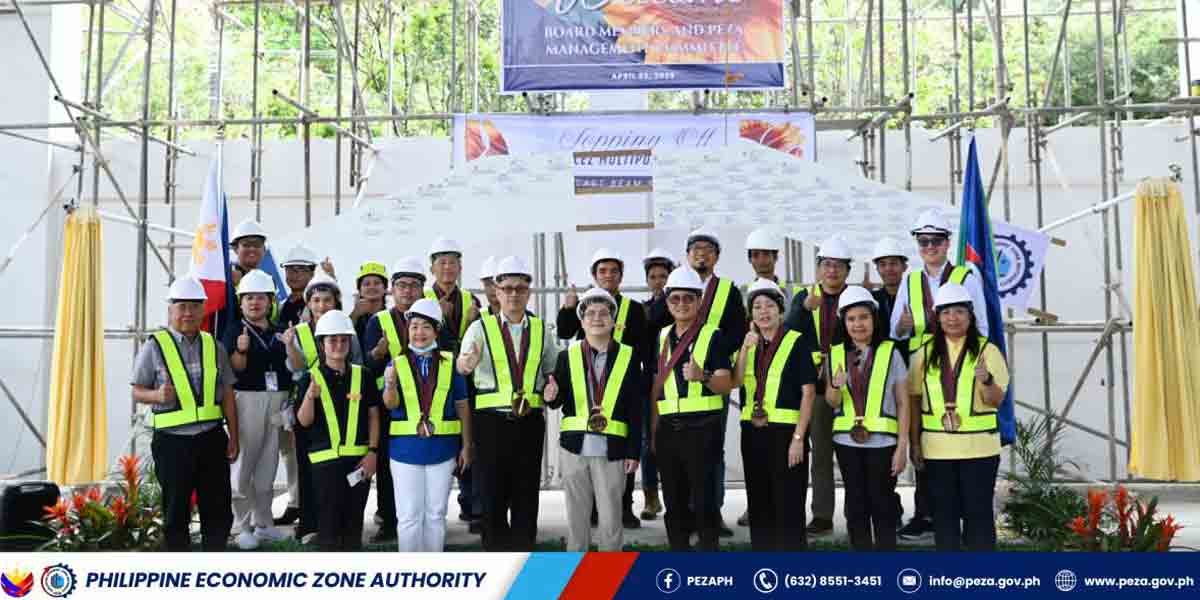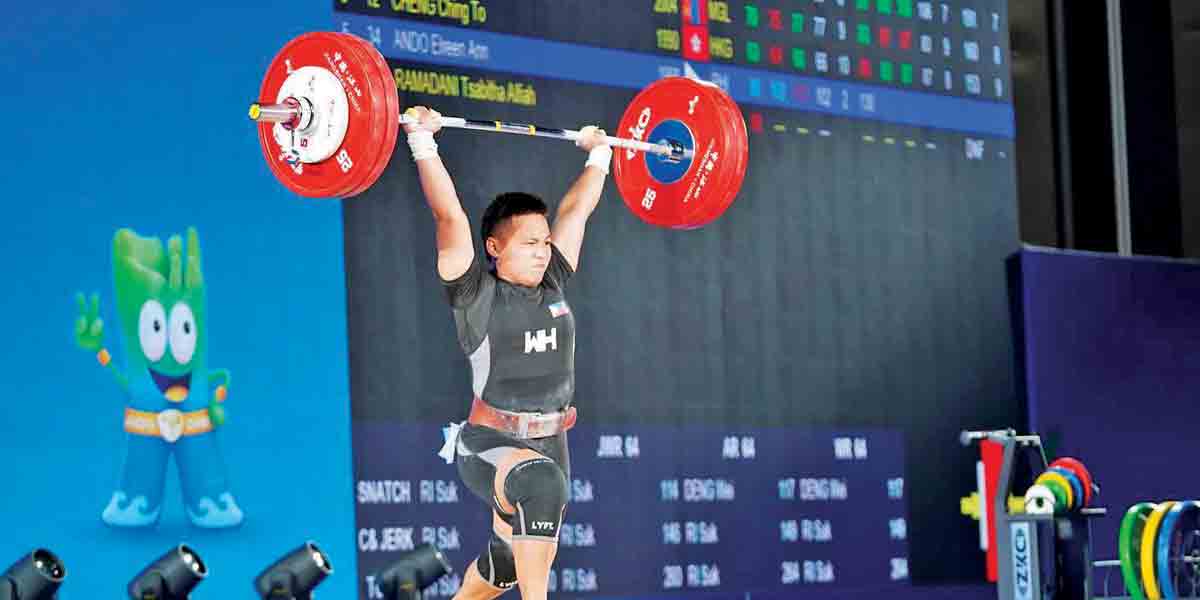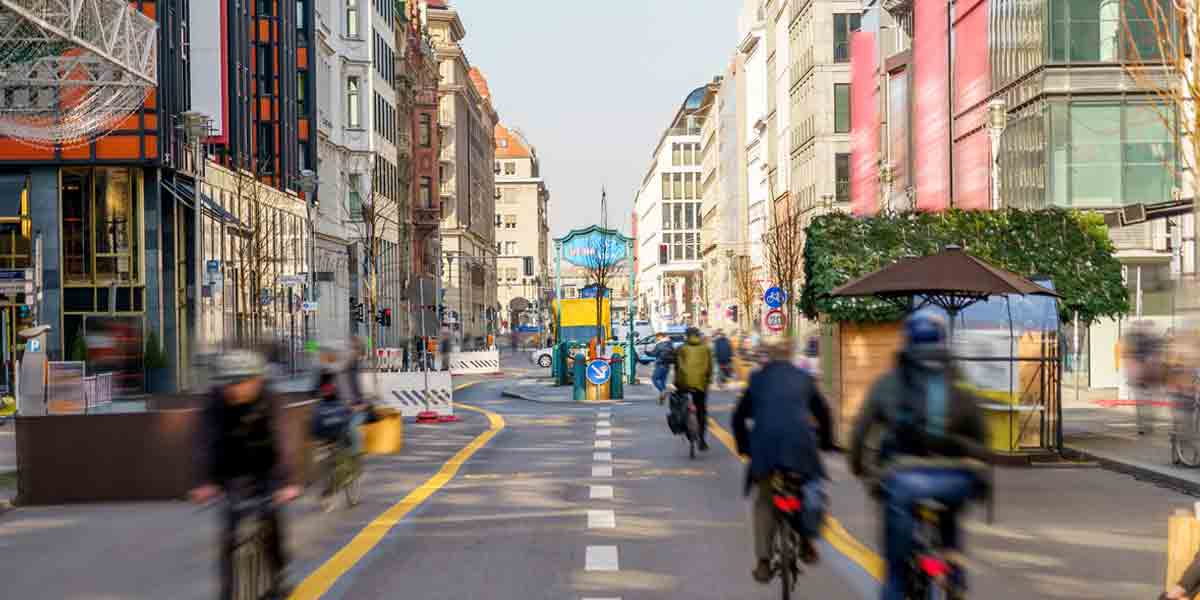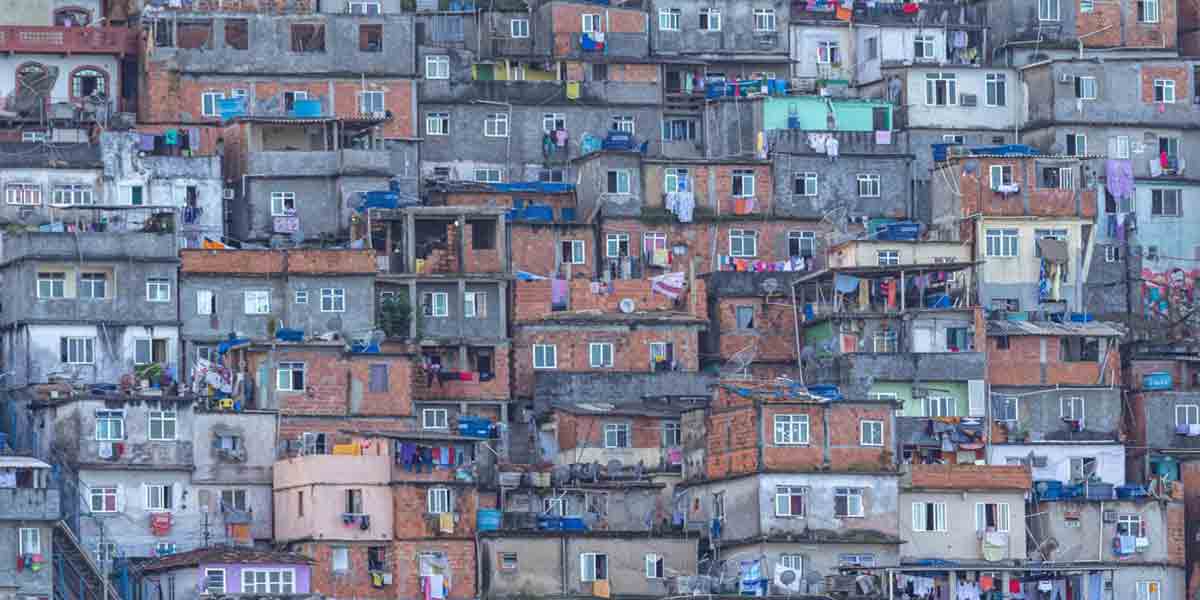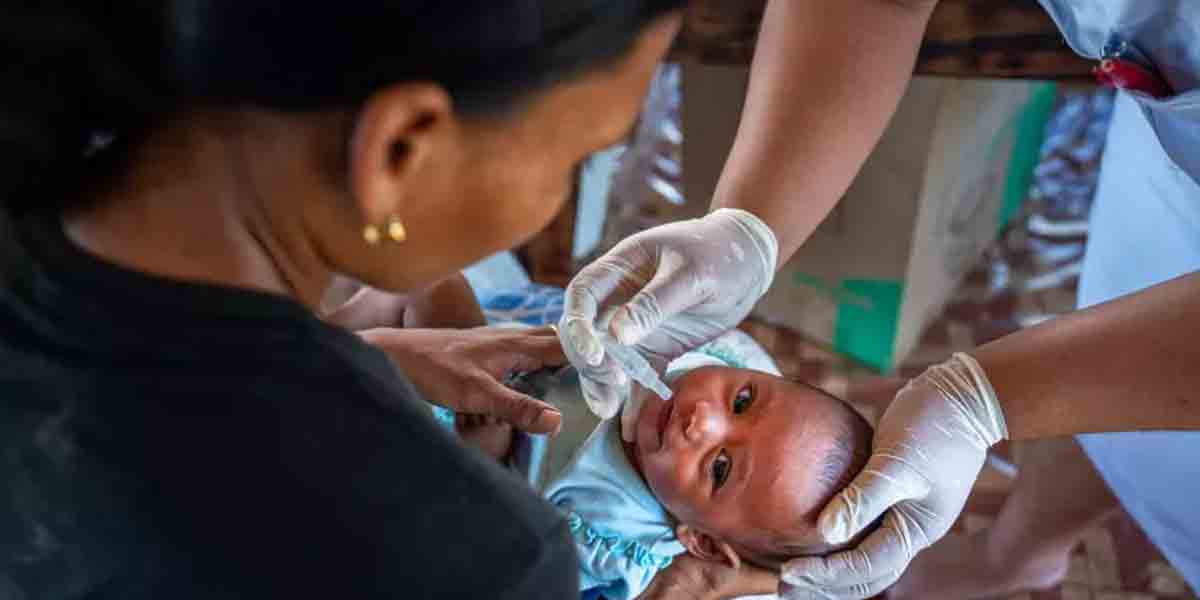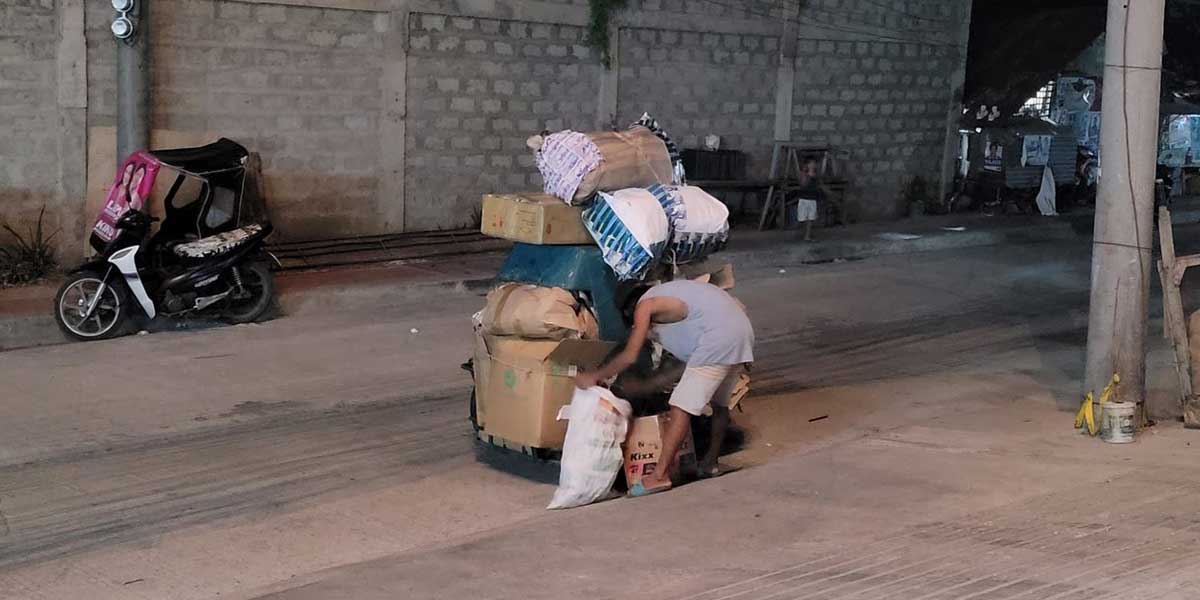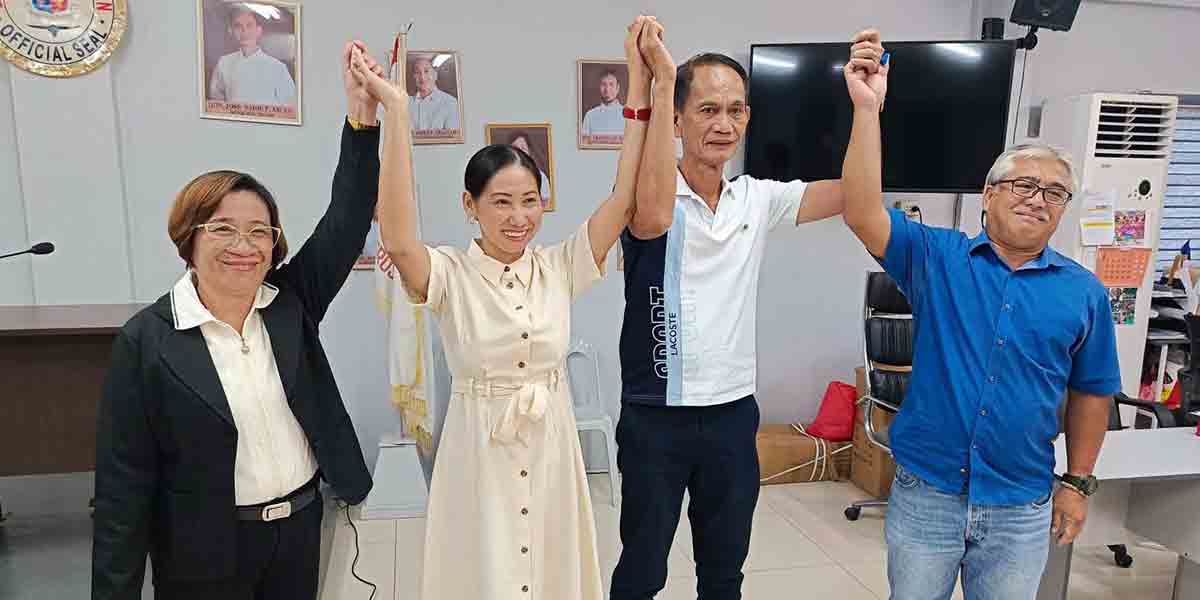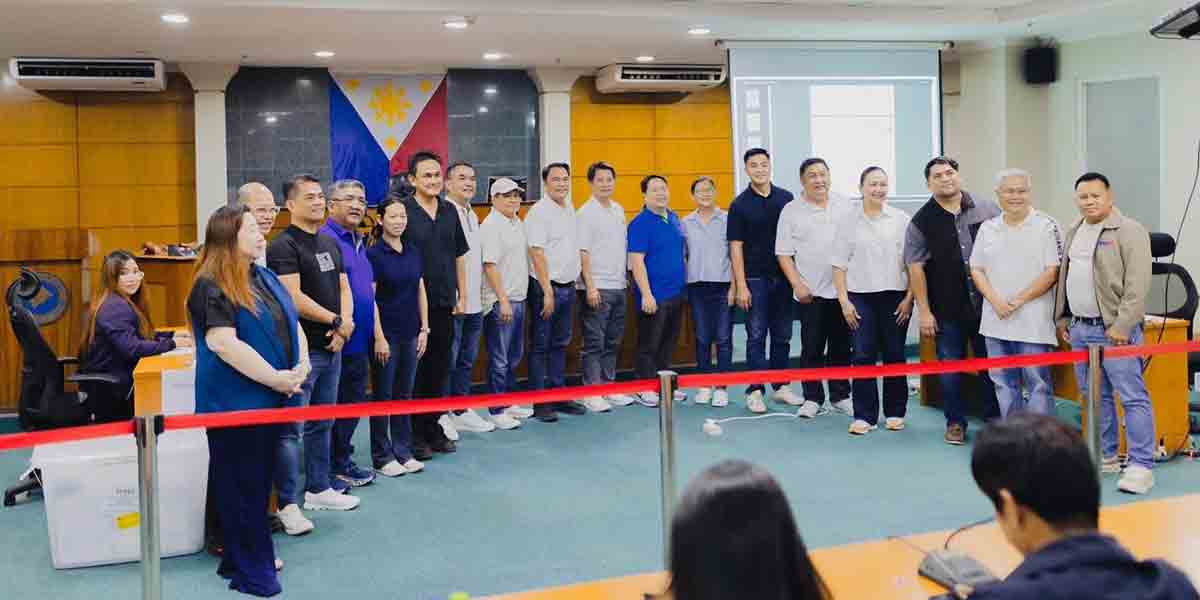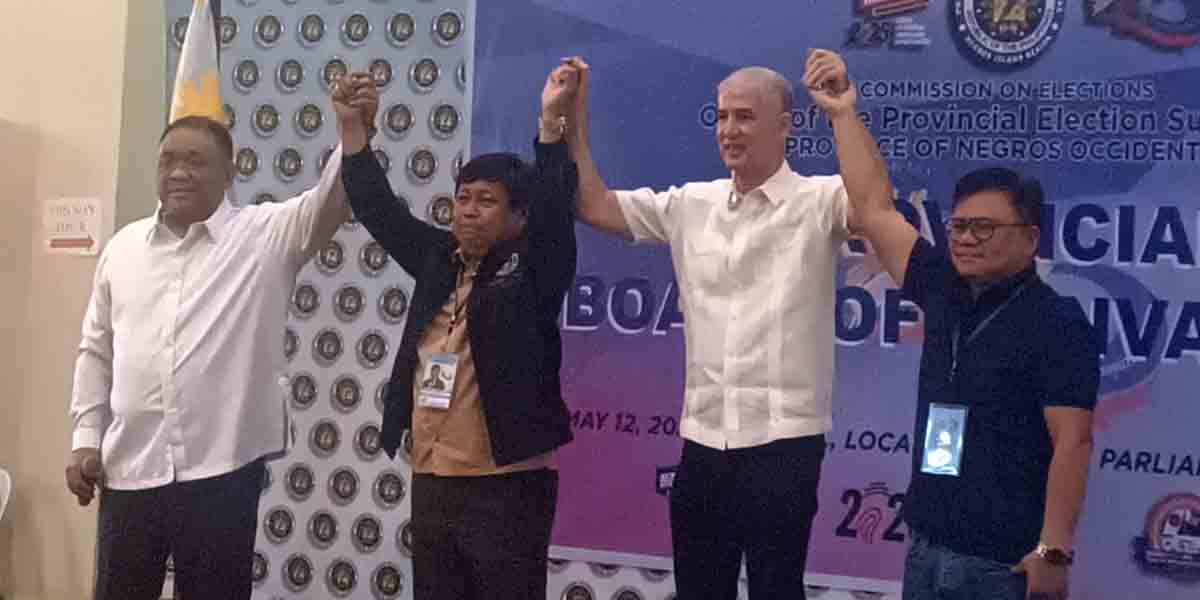The Philippines is poised for sustained long-term economic growth, thanks to initiatives aimed at fostering an investment-friendly environment and diversifying key sectors, National Economic and Development Authority (NEDA) Secretary Arsenio M. Balisacan said on September 6, 2024.
Speaking at the US-ASEAN Business Council’s Third Quarterly Philippines Committee Call, Balisacan emphasized the government’s commitment to bolstering the country’s investment landscape.
“Bolstering the economy’s other growth pillars beyond consumption and services is crucial in ensuring sustainable and inclusive development. Nothing short of massive investments is necessary to crowd in even more investments that generate high-quality jobs and opportunities,” Balisacan said.
Investment in Infrastructure and Diversification
Balisacan pointed out that while the Philippine economy has shown strong growth, challenges such as inadequate infrastructure and geographical inclusivity remain.
These obstacles have contributed to a decline in the country’s global competitiveness.
However, he highlighted opportunities to enhance economic performance, including the country’s favorable demographic situation, where the working-age population is growing faster than the overall population.
This “demographic sweet spot” presents a unique opportunity for growth, provided that adequate infrastructure investments are made to support the expanding workforce.
“The Marcos Administration has achieved much by creating an enabling investment ecosystem to help us carry out the strategies contained in the Philippine Development Plan 2023-2028. These actions are meant to ‘roll out the red carpet’ and make it easier for the private sector to invest,” Balisacan noted.
Role of Public-Private Partnerships
Public-private partnerships (PPPs) were highlighted as essential in driving the country’s infrastructure expansion.
Under the Build-Better-More Program, 186 infrastructure flagship projects are underway to improve economic mobility and inclusivity.
Many of these projects focus on critical infrastructure, which is expected to enhance the Philippines’ productivity and competitiveness.
Ambassador Brian McFeeters (ret.), Senior Vice President of the US-ASEAN Business Council, also lauded the growing interest of U.S. companies in the Philippines.
“We’re glad to have more than 40 companies joining our call and briefing today with Secretary Balisacan. The US-ASEAN Business Council remains committed to fostering collaboration between the public and private sectors to support sustainable growth in the Philippines,” McFeeters said.
Balisacan concluded by expressing optimism about the next phase of the Philippines’ economic growth.
“This will be the next chapter of the Philippines’ exciting growth story: we are working hard to diversify, transform, and modernize our various sectors and industries, ensuring that the fruits of economic growth are equitably shared across the country,” he said.
The NEDA chief emphasized the importance of continuing reforms to diversify production sectors and attract investments that can create high-quality jobs and opportunities for Filipinos.
With continued support from international partners like the US-ASEAN Business Council, the Philippines is poised to achieve sustained growth and economic transformation.


